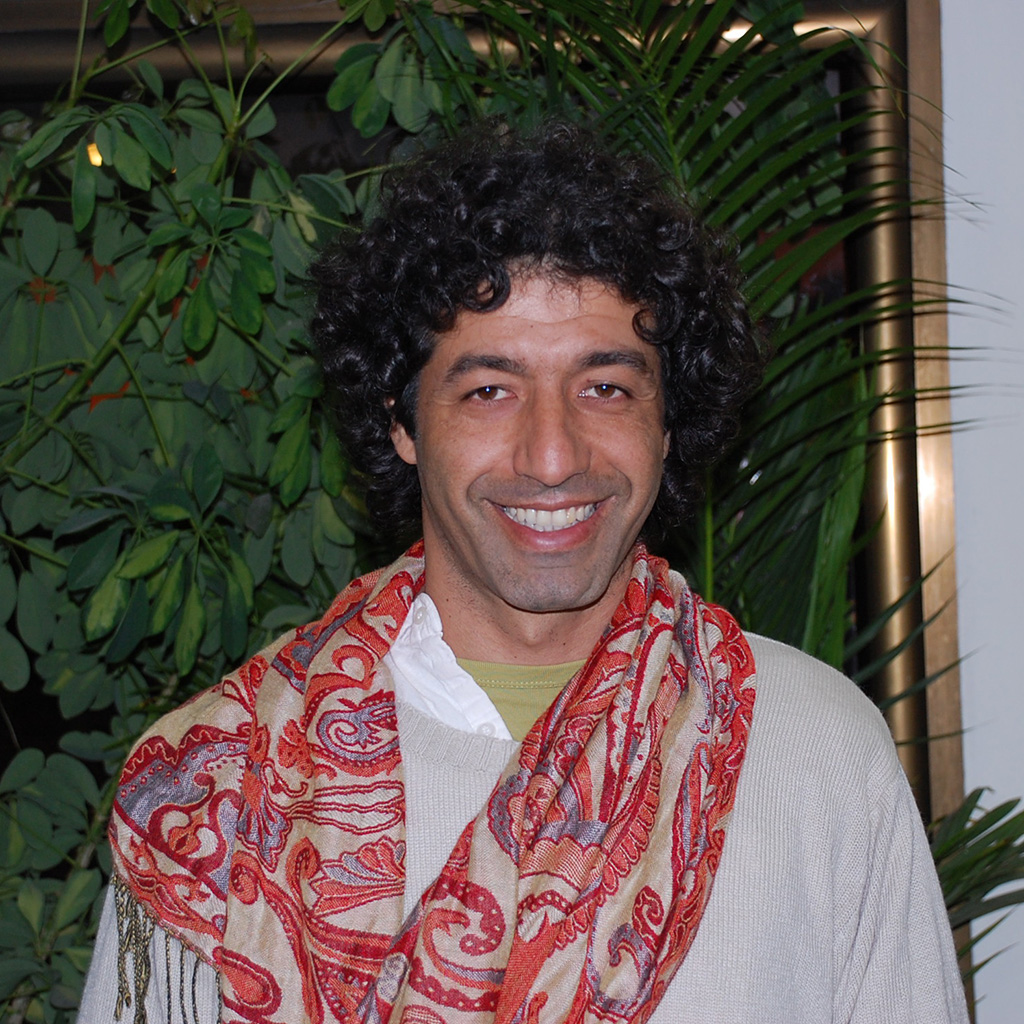One specific event made me wake up. [During my military service] I served near Jenin, and as the commander I got an order to take a group of soldiers and set up an ambush near one of the villages in order to arrest some wanted men. We walked all night to prevent being seen. We arrived in the morning and waited. I got an order over the radio to move a few yards. When I did, I saw a ten year-old boy sitting on a rock, reading. I walked up to him and he froze. I radioed my commander and said, "There's a kid here. What should I do?" He said, "Tie him up until we're done." I took out a plastic restraint, and I think I tied his hands and his feet. I started back towards the soldiers, but then I turned around and saw that kid, bound and miserable, and I knew it was my doing. I felt naked, exposed, I felt terrible.
I went back and let him go. He glanced at me for a split second and then he ran to the village, and we heard whistles, that's how word goes out that the army is present. It was obvious [the people in the village] knew we were there and the operation failed, we didn't catch anyone. I was lucky and nobody said a word about letting the boy go, so I avoided prison. That woke me up. Suddenly I could see that child's eyes, his humanity. He no longer seemed to be the scary enemy. Until then I didn't perceive Arabs as human beings, only as threatening enemies. But suddenly I was the one wronging that child, and I felt I was able to choose, and let him go.
When I was twenty-four or twenty-five I took a course on multimedia and embarked on a hi-tech career. I started a company, and it was very successful. In 2001, when I was still working in the hi-tech industry I dreamed I was an eight year-old boy in Portugal, in the village that is home. In the dream, I felt at home. During that same period I learned about a book written by Professor Yoram Bilu from the Hebrew University about my great-great grandfather Ya'aqov, who was a renowned healer in Morocco. My great-great grandfather traveled in the Atlas Mountains working miracles and healing the sick. He was a rabbi, and he was closely affiliated to the Muslims, and they would pray together. He was close to the world of demons, and he learned his powers from the demons; in the book he is called a mediator between the worlds. I met Yoram Bilu, who told me about these places, and I felt a strong urge to visit Morocco, witness my roots and also to visit Portugal, not far away, and see about my dream.
I decided to leave everything I had, the company, my home, my friends. I packed a bag and left. My flight was set for September 11th 2001, and the flight was delayed for a few days. I flew to Spain and from there I tried to cross to Morocco, but I wasn't permitted to. No one knew how to deal with Israelis traveling in Arab countries, and I wasn't allowed into Morocco. I went to Grenada, in Andalucía, in the south of Spain. Right from the start, I felt embraced by the city. I stayed there for a year, studying Spanish, Flamenco and stone sculpting, and I started a restaurant, a souperie, and built websites for local businesses.
I learned that for seven hundred years, Muslims, Christians and Jews lived peaceful and harmonious lives in Grenada. There was mutual inspiration in every field - literature, poetry, medicine and science. Tangibly, this place that still accepts everyone. Over time I composed my vision: return to Israel and if all this was possible in Grenada, why shouldn't it work in Israel? I thought I'd bring peace, that nobody had thought of it before. I had an idea for a start-up for peace, bringing Jews, Christians and Muslims together. I had never thought that would be possible, yet suddenly it became clear.
I returned to Israel motivated. I searched for a place in Jaffa and in the Galilee that would accommodate Jewish-Arab encounters. I reached out to teachers and principals, Jews and Arabs, and told them I wanted Jewish and Arab kids and youth to meet. There was a lot of interest, and I started organizing meetings. That's how I found the Sulha family - I met them and told them about my work and my vision, and they told me they were doing similar work and suggested I join them. I had to overcome my ego and not always be able to do things my way. I was reminded of an Iranian guy I met in Spain, who once said, "Don't try to do everything by yourself. Remember that your goal is what you seek to create rather than your ego."
At the Sulha Peace Project I was responsible for everything concerning children, the children's area and meetings for children. We began to work with older children too, and I led the Sulhita, meetings for youth. The meetings were very successful, and they are still held, we've been doing this for several years.
